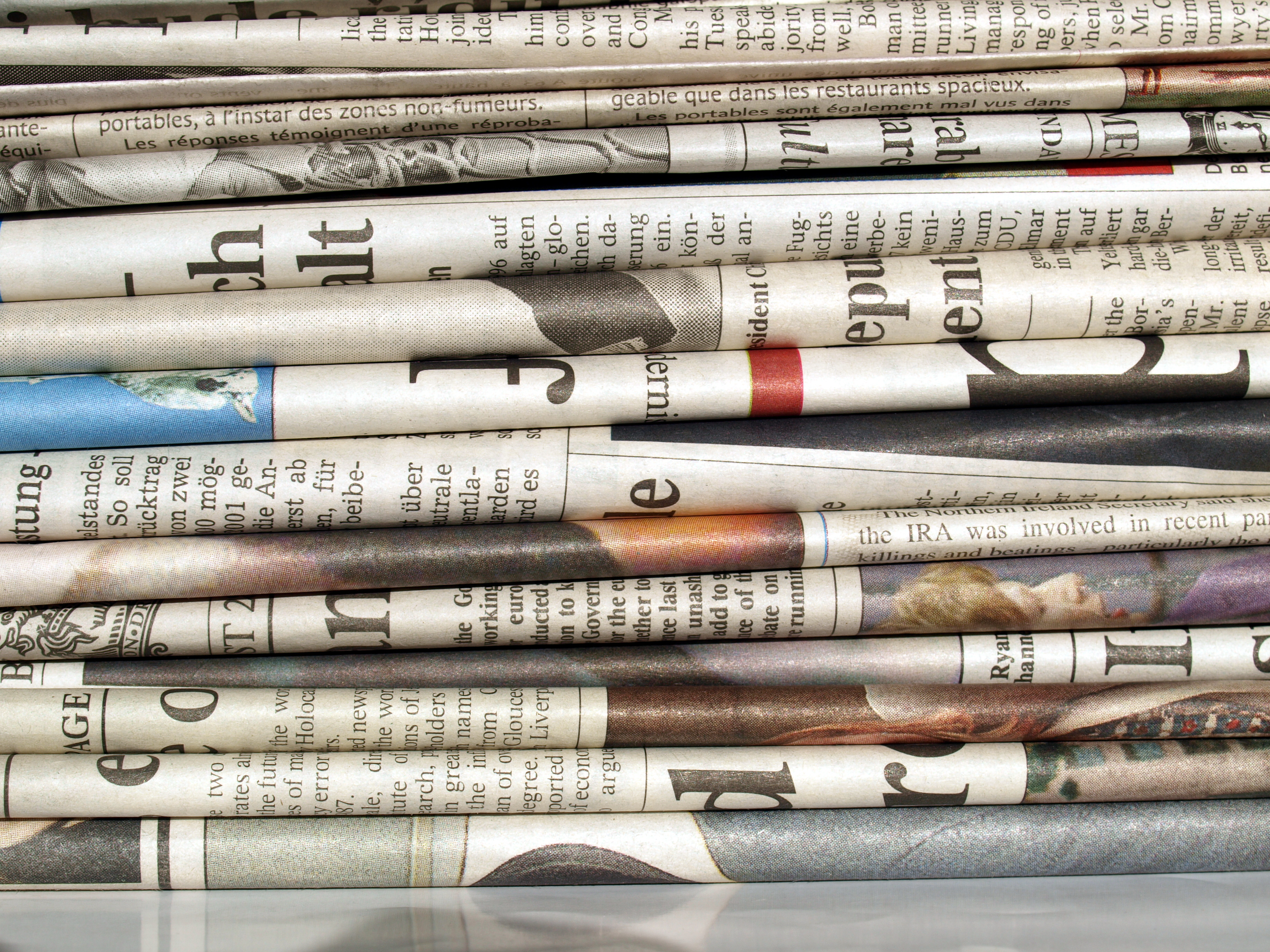
European institutions have become a sprawling network of different bodies and secretariats based in Brussels, Strasbourg and Luxembourg to manage and coordinate the economic and political work of the European Union. The European Council was established in 1974 as an informal forum for discussion between heads of state or government. It rapidly developed to set goals and direction of the European Union acquiring formal status in the 1992 Maastricht Treaty. It became one of the seven European institutions after the Lisbon Treaty came into force on 1 December 2009.
Coinciding with the European Year of Citizens 2013, Ireland has assumed the “rotating” six months’ Presidency of the European Union from January to June 2013. It marks the fortieth anniversary of Ireland’s membership of the European Union since 1973. Between 1975 and 2004 Ireland has held the “rotating” Presidency on six occasions. Due to changes made under the Lisbon Treaty, Ireland will not hold the position again for another fourteen years.
At the ceremony marking the start of Ireland’s Presidency, Tanaiste Eamon Gilmore announced that “2013 will be about recovery both for Ireland and Europe.” With financial stability, jobs and growth are set to be at the heart of Ireland’s EU agenda. The Government hopes to use its Presidency to help young people find opportunities for employment, education and training. The Presidency also gives Ireland a chance to make a positive impression on the world and revamp its image in the wake of the financial crisis.
On 9 January 2013 the official opening was held at the City Hall in Dublin in the presence of senior members of the Irish Government and European institutions. It is intended to reach across a range of key issues aimed at securing ‘Stability, Jobs and Growth’. There are five key priorities of the Irish Presidency one of which is advancing European enlargement. Many events will take place at home and abroad to showcase Ireland at its best.
Described as “a spectacular year-long celebration of all things Irish”, in 2013 ‘The Gathering’ is a tourist led, government supported, initiative driven primarily by Failte Ireland and Tourism Ireland to encourage the Irish diaspora to return to the Republic to be part of specially organised local gatherings and events during the year. It aims to mobilise communities throughout Ireland to share the best of Irish culture, tradition, business, sports, fighting spirit and the uniquely Irish sense of fun, and more.
‘Year of Citizens 2013’
Its purpose is to encourage citizen participation in the European Union and create a dialogue between the European citizens and European representatives. It is seen as an excellent opportunity for Irish citizens to reflect on what the EU means to them and what kind of Europe they would like to see in the future.
On 10 January 2013 a first Citizens Dialogue of the European Year of Citizens was organised by the European Movement in Ireland on behalf of the European Commission and the Irish Government. It is part of a series to take place across Europe about the future of Europe. ‘Democratic accountability’ is a vocal theme of the debates.
It will be a busy time for the country as an extra 15,000 visitors are expected to attend the 170 official presidency events, and l,600 official meetings that are scheduled. With Dublinbikes being made available to visiting European Union delegates free of charge, there may even be time for them to attend a ‘gathering’ between meetings.
‘Culture Connects’ is the cultural programme of Ireland’s Presidency of the Council of the European Union. Irish artists will present and highlight the unique quality of Irish culture through many events planned by Culture Ireland across the member States with a special focus on Brussels, Paris and Berlin. Citizens in Ireland will connect with people and places all over Europe through these and many other special initiatives. The European Union Presidency logo was selected by the Irish public in an on-line poll. Ties and other Irish made products will mark Ireland’s Presidency in 2013.
Ita Marguet
Note : Acknowledgement is given to sources used in preparation of this text. It follows articles about Ireland and its connections to the wider world (20004-2012) by Ita Marguet.



